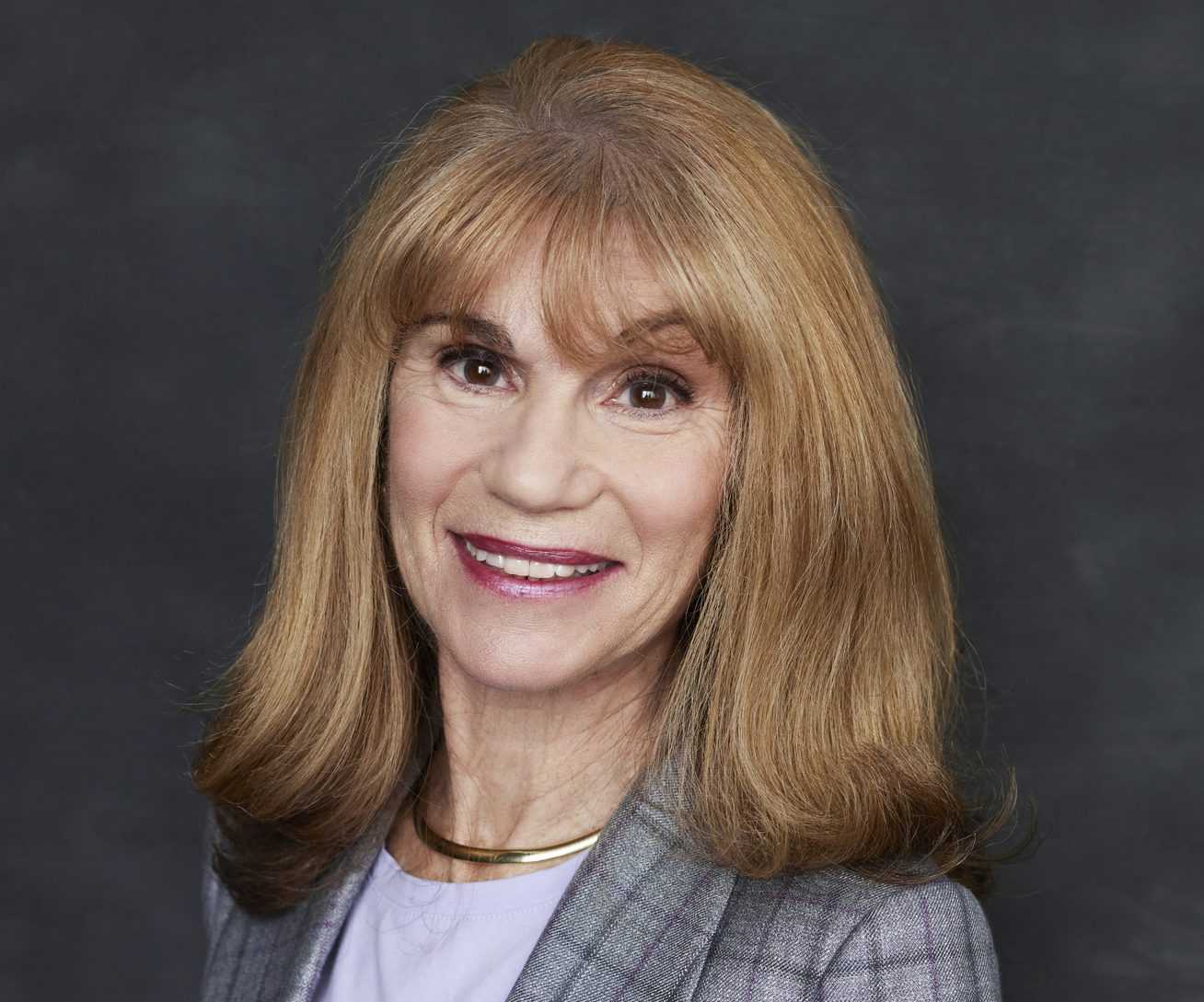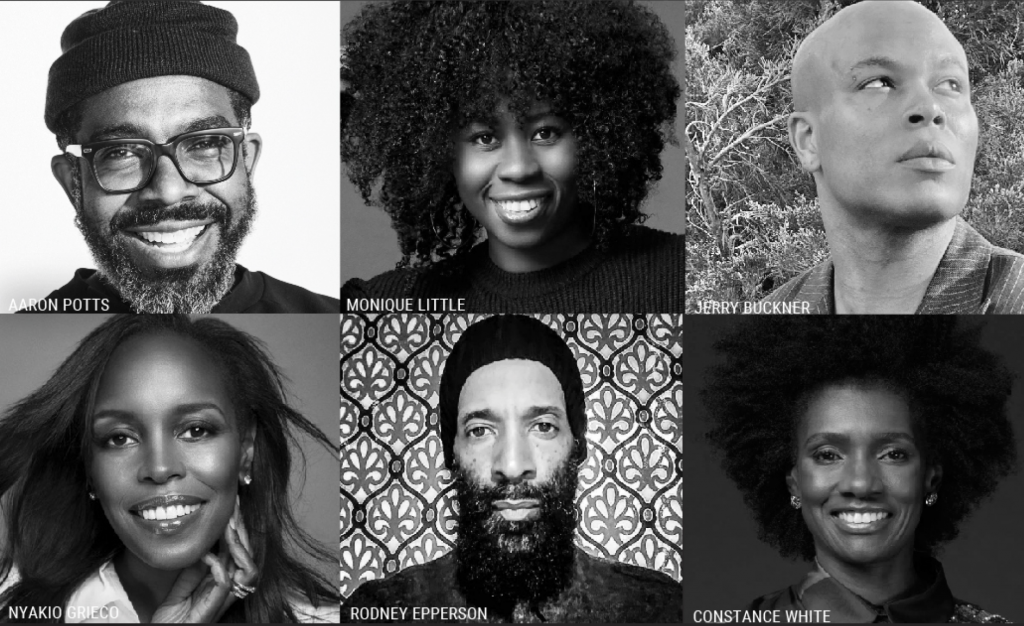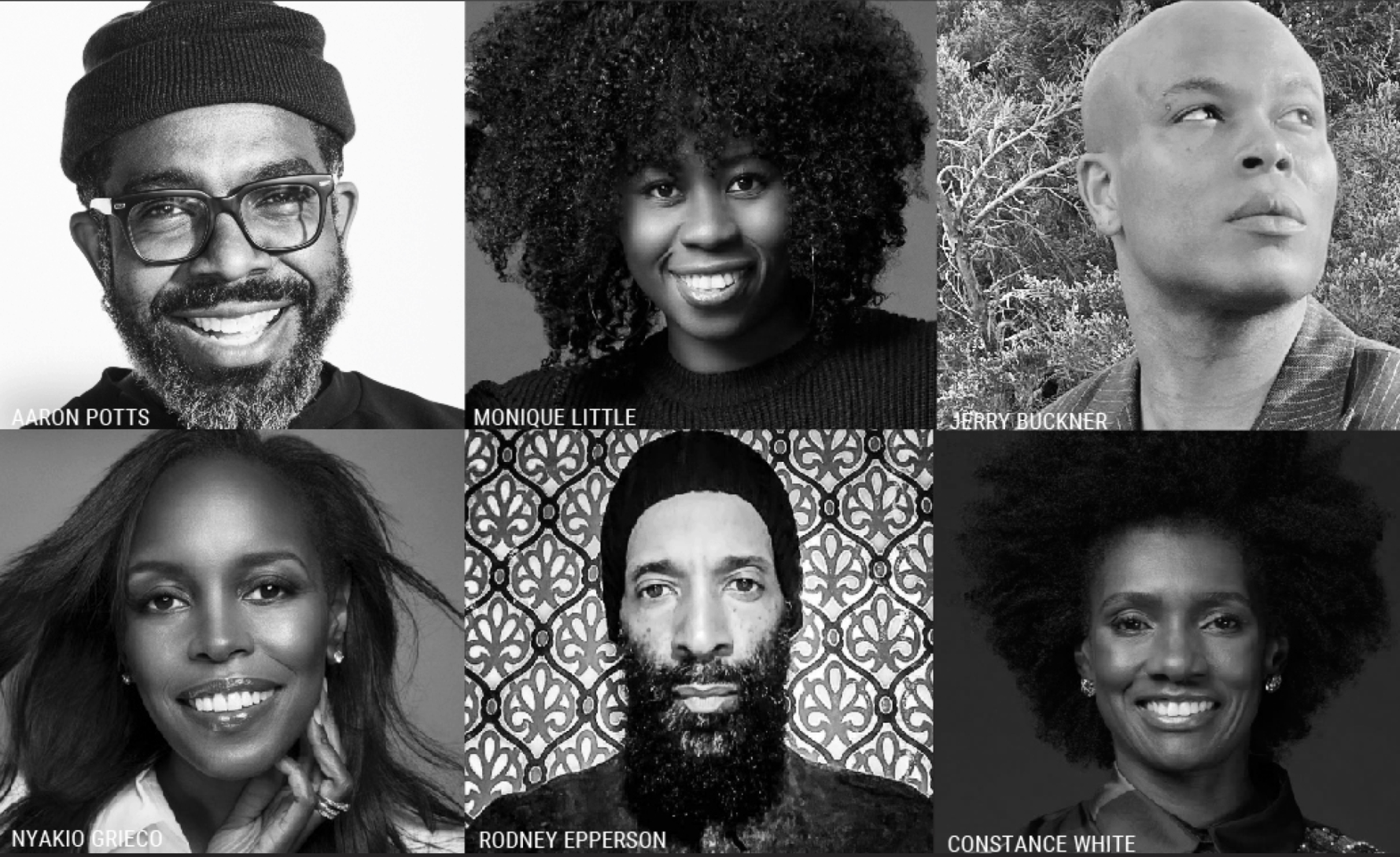FASHION GROUP INTERNATIONAL CELEBRATES BLACK TALENT


At one of the best and most provocative Zoom conferences ever, Fashion Group International (FGI) hosted last week a group of talented black designers and entrepreneurs, winners, and finalists of the recent Rising Star Awards, who shared their struggles and offered suggestions on how the current system might be improved. Moderated by culture/style arbiter and writer Constance White, the panel spoke about their difficult journeys with amazing candor.
Although the biggest problem for most was/is/has always been funding (according to data presented by White, less than one percent of venture capital funding goes to black-owned businesses), systemic racism has been a painful component almost every step along the way.
Designer Aaron Potts of A.Potts, a Detroit native who grew up in Brooklyn, studied at Parsons and worked at Donna Karan, Marc Jacobs, Escada, and Anne Klein, summed up the problem well. “I’ve had a good career as a staff designer but I’ve been passed up for many promotions along the way. (I won’t even go into the pay disparity…) And now that I’m out on my own, my business is self-funded which is why it’s been tough. But the question I’d like to throw out there is this: why has the fashion industry not had a legacy black designer since Willy Smith and Patrick Kelly? Recently, there’s been a lot of guilt out there so some organizations are carelessly throwing money at black businesses and black entrepreneurs. Unfortunately, a lot of the fashion receiving these funds is mediocre. The black designers who have been properly trained, who know how to cost, to fit, to merchandise, who’ve been making lots of money for big corporations, this true talent has been neglected in favor of those who frequent Instagram.”
Potts, who recently won a prestigious Rising Star award in the all-gender category, spoke about our country’s trajectory from the Civil Rights Movement to Affirmative Action to Black Lives Matter. “People of color are now being given things out of guilt or to keep them quiet, rather than based on merit. What’s needed is real collaboration and mentoring—people who want to support real talent rather than acting for the sake of appearances.”
There was also lively discussion on why sustainability is not marketed to people of color, on how to build generational wealth, on supporting black communities, on the fact that women of color spend more on beauty than other groups, and, as suggested by Frederic Fekkai, on arranging a meeting between black entrepreneurs and the finance community.
For more information on FGI, an organization based on humanity and diversity, founded by women in 1930 in order to support the underserved, contact the director of membership and brand development, Charles Garone, at cgarone@fgi.org.








